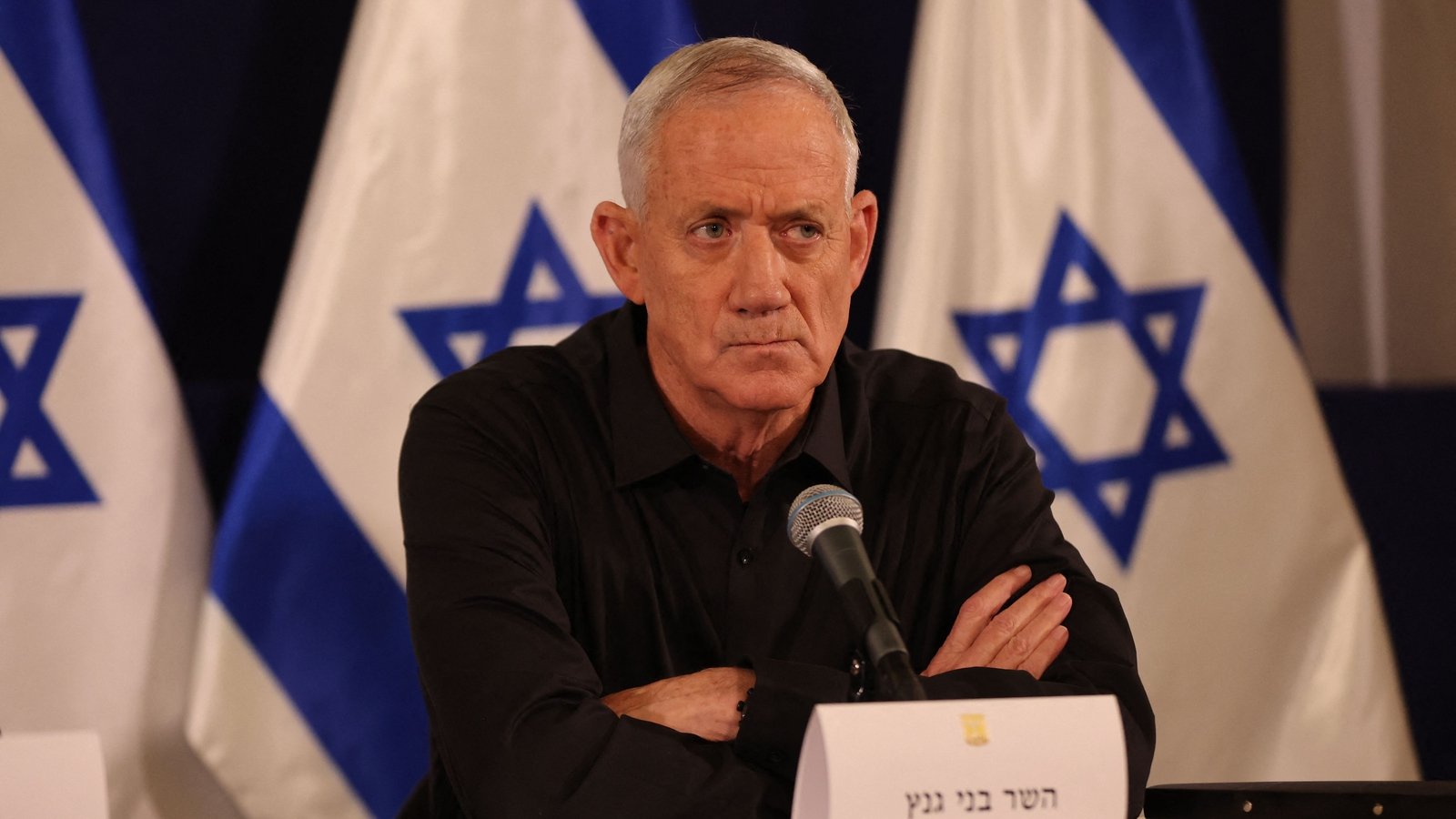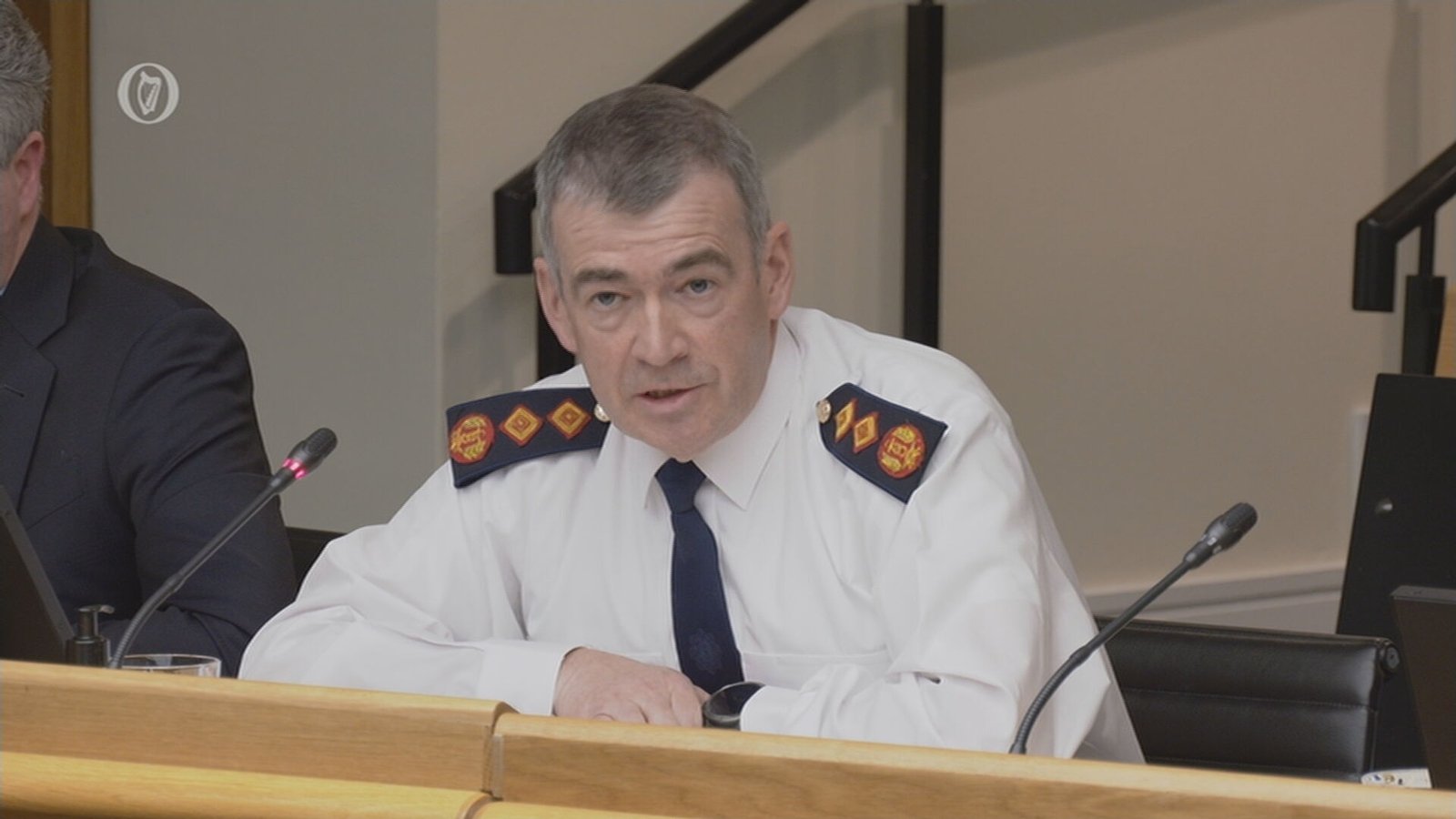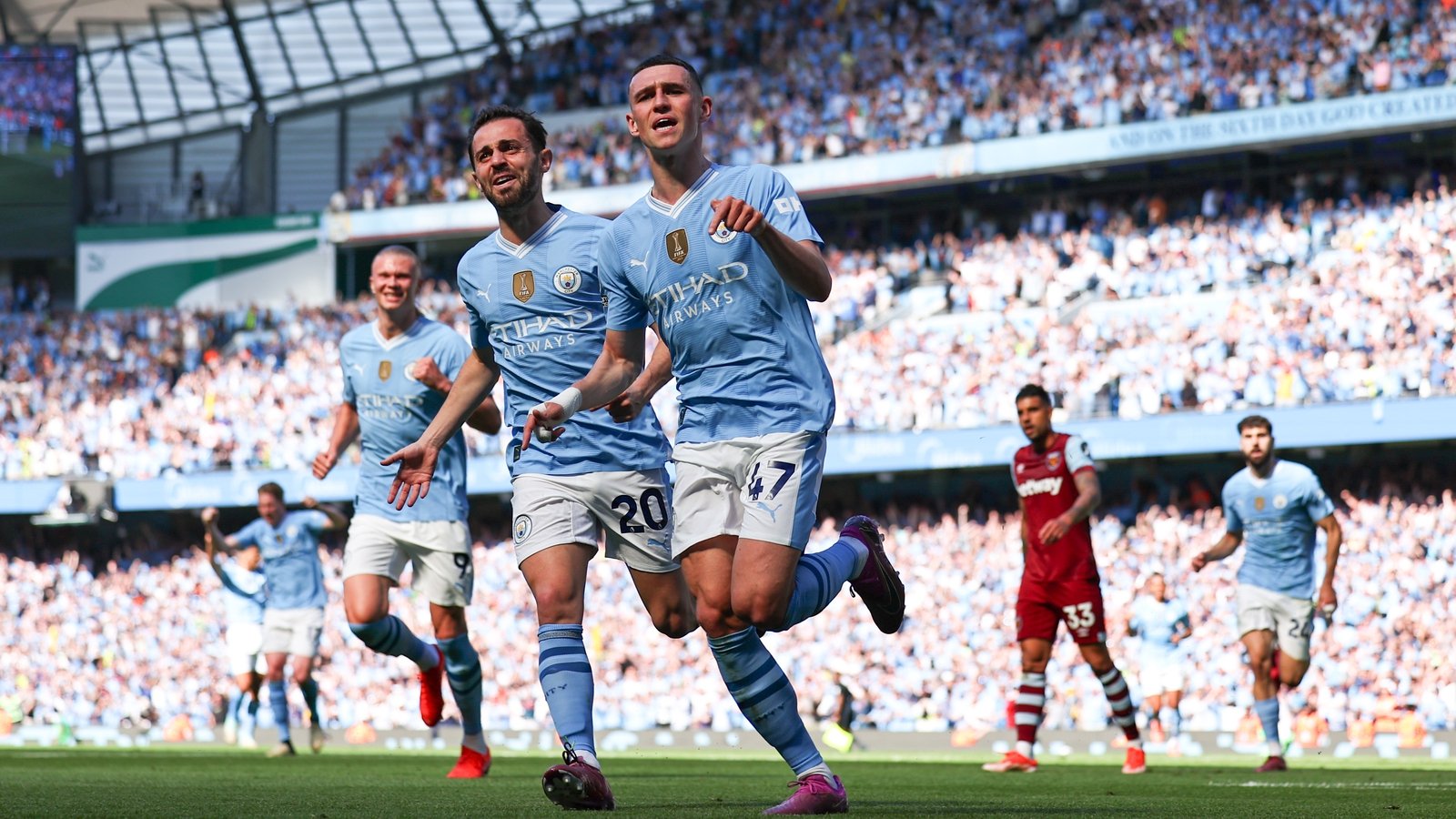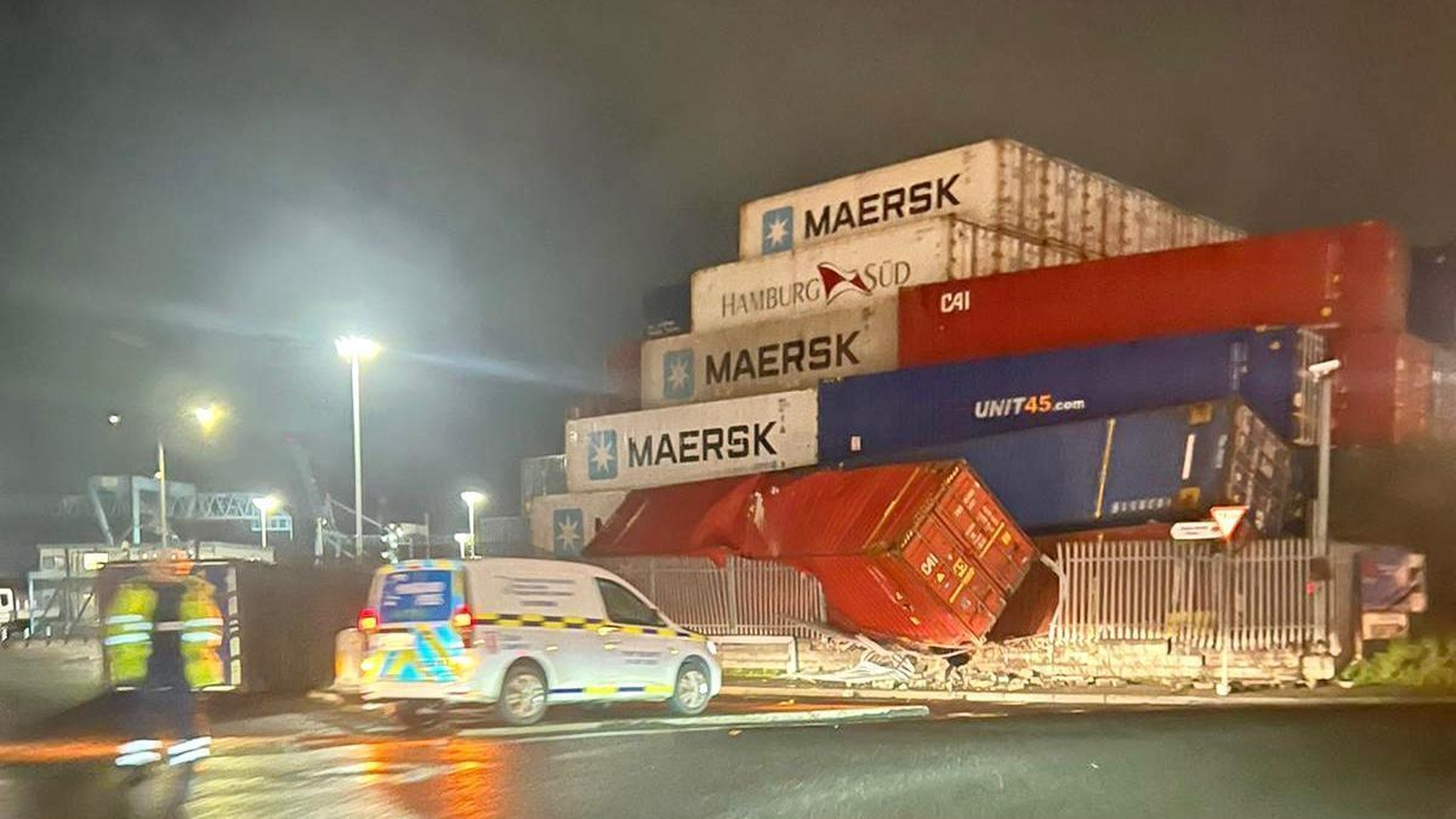The challenges facing Simon Harris
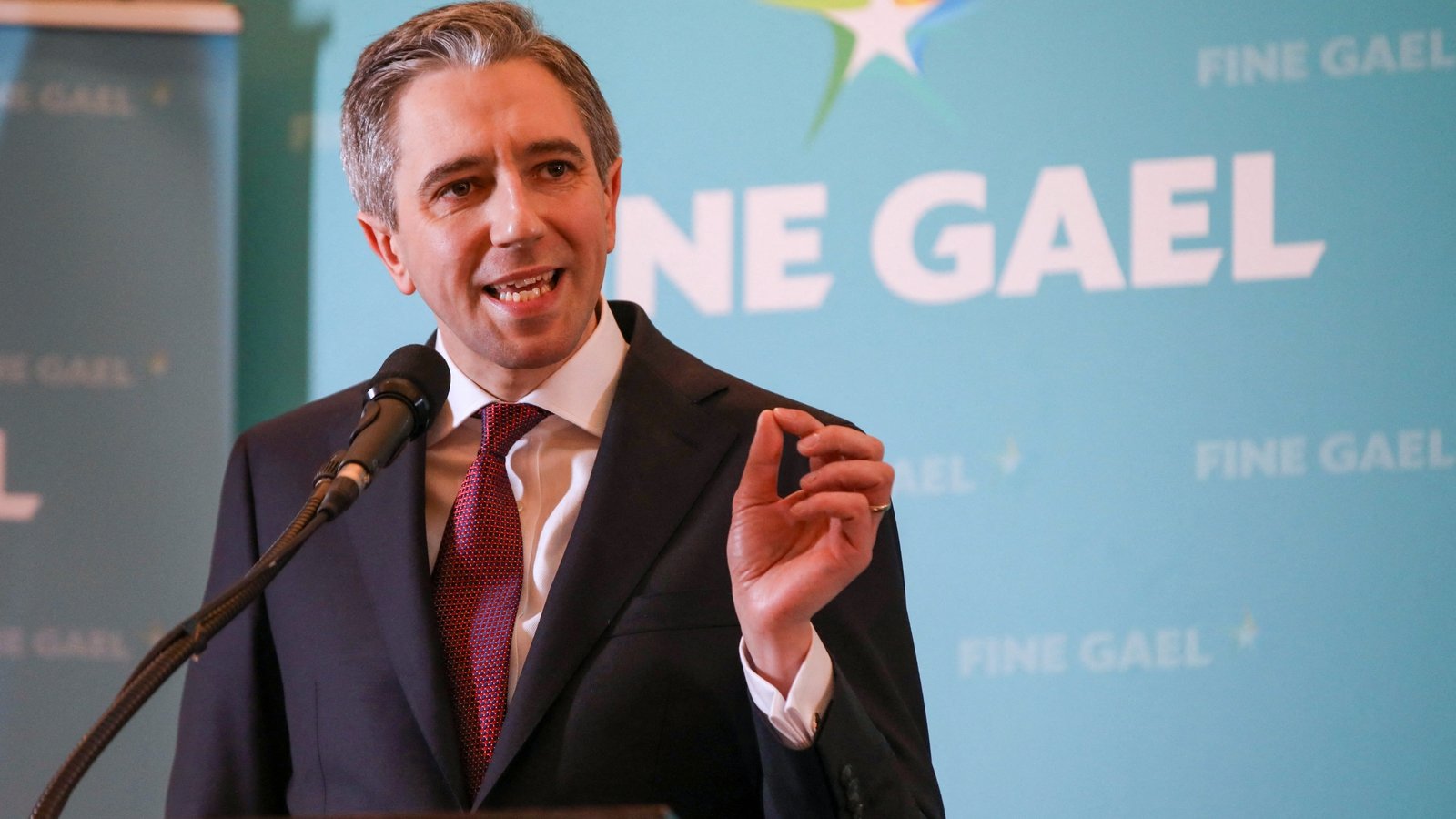
When Simon Harris raises his hands to acknowledge the Fine Gael faithful tonight, at the end of the party’s 82nd Ard Fheis at the University of Galway, the easy part is over.
He has promised to re-energise the party, bring in new blood, reprioritise policies and deliver for the public – all within 12 months.
What that actually means is working like hell, making difficult decisions and not being certain any of it will land with an often unforgiving electorate.
Here are the eight challenges facing the incoming Taoiseach:
Challenge one: Cabinet selection
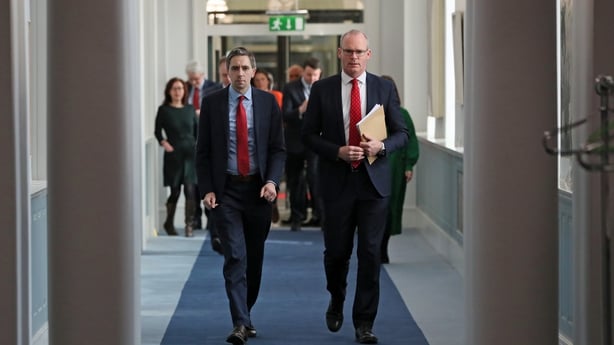
The Dáil returns on Tuesday 9 April at 10:30am and Simon Harris will be elected Taoiseach by lunchtime.
That afternoon, he must select his Fine Gael Cabinet ministers.
It is certain that Paschal Donohoe and Heather Humphreys will remain in situ.
As Simon Coveney announced that he was standing down last week, there are two available Cabinet seats.
A racing certainty is that Longford-Westmeath Minister of State Peter Burke will be elevated – a popular politician who is viewed as a possible future leader.
After that, speculation is centres on Dún Laoghaire TD Jennifer Carroll MacNeil, although Ministers of State Neale Richmond and Patrick O’Donovan are also in the running.
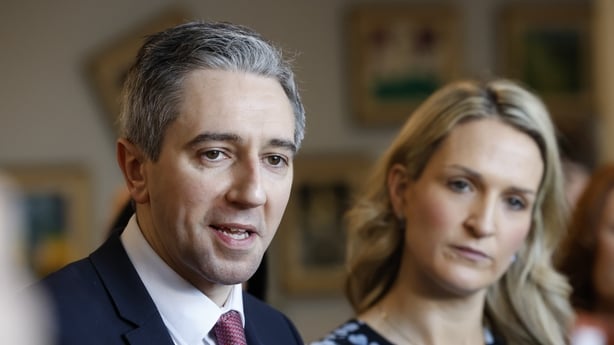
Ability, age, gender and geographical location will all be taken into account, but not all criteria can be met.
So, Mr Harris will have to choose and, in so doing, disappoint people.
Political history shows that disappointed politicians can become big problems for the party leader.
Playing Cabinet chess could include Mr Harris moving Helen McEntee from her Justice brief into another Cabinet slot.
There will likely be three vacancies at junior ministerial ranks, although it could be the week after next before they are announced.
Among the runners and riders are Alan Dillon, Emer Higgins, Colm Burke, Colm Brophy and Alan Farrell.
Challenge two: Re-defining Fine Gael inside a three-party coalition
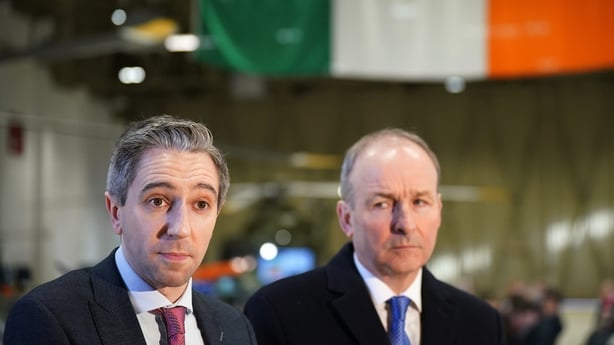
In his first news conference after becoming Fine Gael leader, Mr Harris stressed his desire to work closely with the Fianna Fáil leader Micheál Martin and Green Party leader Eamon Ryan.
He got both men onside by stating unequivocally that he wants this coalition Government to run its full term, up to March of next year.
Mr Martin and Mr Ryan are of a similar view.
Mr Harris also reiterated his commitment to the Programme for Government which was signed off by all three parties after the 2020 general election.
But if Fine Gael backbenchers are anything to go by, they will want their new party leader to push back against some of the green agenda such as Mr Ryan’s climate policies including emissions controls on farming and cycle lane roll-out for cities; Catherine Martin’s late night drinking laws; and Roderic O’Gorman’s housing response to the substantial increase in international protection applicants.
Some Fine Gael TDs calculate that the Green Party is going to take a pasting in the next general election, and so feel less obliged to be concerned what their TDs think.
Will the Taoiseach keep his Fine Gael TDs in check or let them off the leash?
Challenge three: The real tick tock
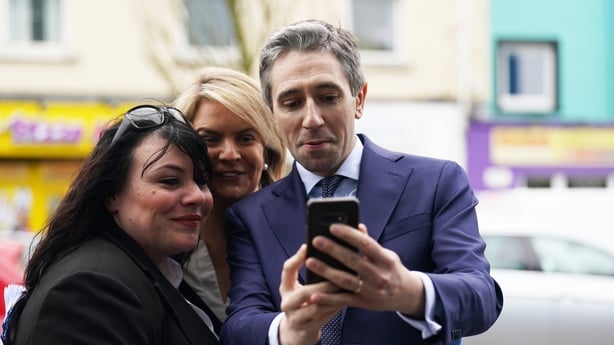
Mr Harris is a Taoiseach in a race against time.
If he is lucky, he will be the 300 day Taoiseach, but his tenure at Government Buildings could be substantially less than that.
There is roughly 100 days until the summer recess and when the Oireachtas returns in September, the Budget 2025 cycle will be in full swing.
In other words, there is very little time for the Taoiseach to make a legislative difference.
Many political watchers think a general election could be called by October or November – betting that a generous budget could be rewarded electorally.
Even if he holds the line until next year, there is precious little time to waste.
Mr Harris has a high-octane style and believes that he can channel that energy to deliver results for the party.
But the Opposition is going to put it up to him.
Solidarity / People Before Profit TD Mick Barry claims that Fine Gael is “… treating the Irish people like fools by spinning this yarn about a party renewal. The reality is that this is a party in crisis, their parliamentary party group is exhausted and demoralised”.
Mr Harris – somehow – has to prove to the public that Mr Barry and the rest of the Opposition are wrong.
Challenge four: The Departed
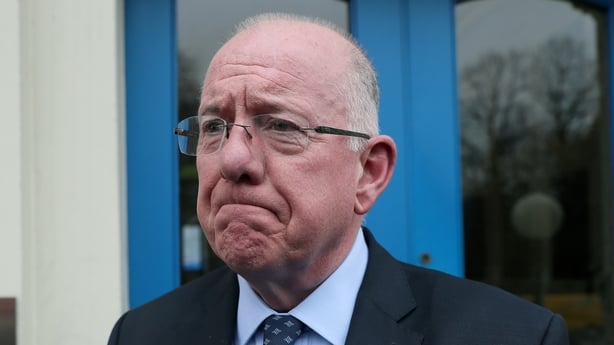
Already, ten Fine Gael TDs have announced that they will stand down at the next general election.
It is widely believed that there is at least one more resignation coming, with a second possible.
In recent days, there has also been a surge in speculation that neither Leo Varadkar nor Simon Coveney will be togging out for Fine Gael in the general election either.
Having so many deputies heading towards the exit door could pose a difficulty for the Taoiseach in maintaining party discipline.
As the departing deputies prepare for life beyond Leinster House, they may feel less inclined to accept party diktat.
Former justice minister Charlie Flanagan has shown signs recently of wanting to shoot from the hip.
On social media, he said that he opposes the Oireachtas Committee recommendation that the right to die is legislated for in Ireland – even though two of his party colleagues backed the plan.
The Laois Offaly deputy, who is a lawyer by profession, also declared that he wants the hate speech legislation ditched.
Mr Harris indicated this week that outgoing Fine Gael TDs will be given additional roles within the party to refine policy and reorganise party structures.
Will that be enough to reign in the freewheeling or will the new Taoiseach have to get tough and impose his will?
Challenge five: Countering the Opposition narrative
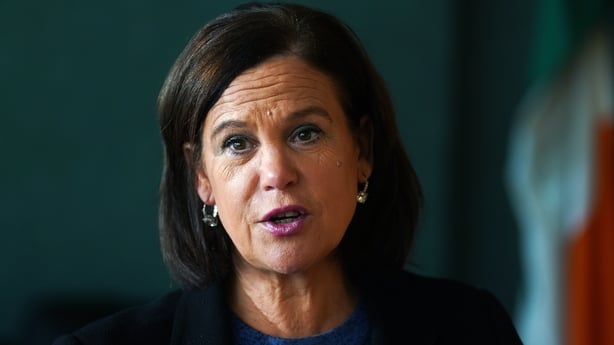
Sinn Féin set out its stall within minutes of Mr Varadkar announcing that he was standing down as Taoiseach.
The argument delivered by leader Mary Lou McDonald and repeated continuously by her frontbench, is that Fine Gael no longer has a mandate to rule and there needs to be a general election.
Constitutionally, there is no imperative on the Coalition to do that, but deputy McDonald claims it is necessary because Fine Gael is “out of touch, out of ideas and out of time”.
To bolster her case, Ms McDonald regularly cites housing as a potent example of Fine Gael’s failures in Government.
Housing is undoubtedly a weak point for Fine Gael, with none other than President Michael D Higgins railing against the crisis in 2022, describing it as “a disaster” and Ireland’s “great, great failure”.
Fine Gael counters that on top of increasing house completions, it has introduced schemes to address the housing crisis including the shared equity scheme where the State and participating banks takes a stake in a buyers home and a Help to Buy scheme where people can get up to €30,000 back from the Revenue Commissioners in income tax paid over the past four years to help them get a deposit.
Mr Harris is often credited with having strong communication skills which came to the fore during the Covid-19 pandemic when he regularly posted on Instagram.
It is up to him, more than anyone else, to explain why the housing crisis is as profound as it is, detail what is been done by this Coalition to solve the problem and try to convince the public that he has got real answers.
It is no mean feat, but expect his first effort in tonight’s Ard Fheis speech.
Challenge six: The Budget biff
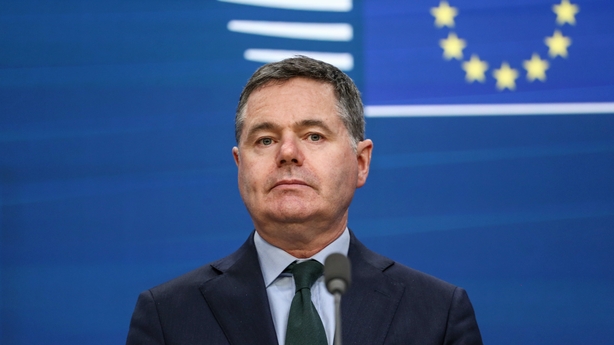
This Coalitions last budget will be announced in October.
It is also the new Taoiseach’s only big chance to fund his priorities.
Mr Harris will be well aware that while Fine Gael backbenchers have huge respect for Mr Donohoe, and take some pride in his position as Eurogroup President, they also grumble that he did not deliver enough for them at constituency level as Minister for Finance.
As Budget 2025 will be the very last sup in the fiscal saloon, they will want Mr Harris to ensure that a budget is delivered which they can trumpet when on the campaign trail.
If that means imposing his will on “Prudent Paschal” then so be it.
Given they’re a double-act, it means locking horns with the Fianna Fáil Minister for Finace Michael McGrath.
This week’s quarterly Exchequer returns had some worrying statistics such as corporation receipts down 25% and expenditure 13% above profile.
Should those trends continue, then there is going to be an even bigger biff over the parameters of Budget 2025.
Challenge seven: The unknown unknowns
Politicians need some luck, but it does not always happen.
Take Mr Martin.
In his first few weeks as Taoiseach, he had to contend with the Covid pandemic, sacking a minister, seeing another one resign, and watch Tánaiste Leo Varadkar regularly cause unnecessary trouble.
Mr Harris could really do with some luck given his time in office is scheduled to be brief.
But the crisis we do not know about yet is just around the corner – the “unknown unknown” as the US Defence Secretary Donald Rumsfeld once called it.
It could be an internal Coalition policy row or an economic hit or something completely from left field.
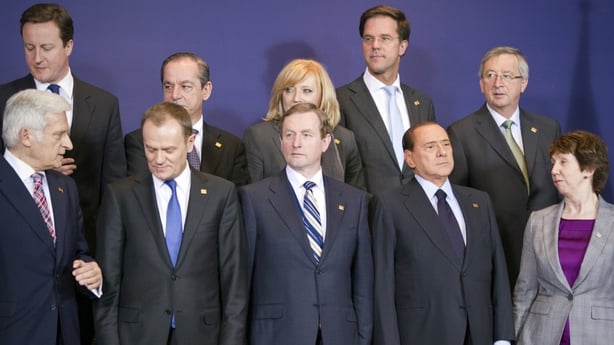
One area where things could go awry is in foreign affairs.
Mr Harris does have experience at EU level, but it is of a different order to be heading into an EU leaders’ summit with weighty policies like Gaza and Ukraine to be decided.
Enda Kenny had a rough ride at his first summit in 2011. Only elected Taoiseach on the Wednesday, he was in Brussels two days later and French President Nicolas Sarkozy went on the attack.
In what was described as a tough encounter, Sarkozy demanded Ireland change its corporate tax rate in return for what Mr Kenny was seeking – a substantial cut in the interest rate in Ireland’s bailout loans.
German Chancellor Angela Merkel weighed in and expressed scepticism about Ireland’s case.
How will Mr Harris handle the heat? We won’t know until we see it.
Challenge eight: The general election date
It is the sole prerogative of the Taoiseach to choose the date of the election.
Mr Harris has said he wants the Government to run the full term – but things can change rapidly in politics.
Some in Fine Gael are of the firm view that they should go to the country after a generous Budget 2025.
They argue that delaying until 2025 risks being at the mercy of events.
But before choosing between the two options, Mr Harris has to be certain that Fine Gael is fighting fit.
In the 2020 General Election, the party was given a drubbing – losing 15 seats, and coming in third behind Fianna Fáil and Sinn Féin.
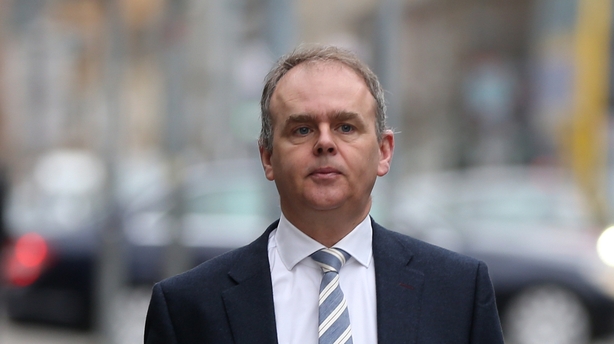
Given so many Fine Gael TDs are retiring on this occasion, it means the party has to have a full slate of credible candidates ready to go.
The party is often bullish about its abilities to retain seats, even if the incumbent is leaving the stage.
Yet in some constituencies, like Co Donegal, few political observers believe the party will retain outgoing Joe McHugh’s seat.
Another problem is the possibility of open conflict when trying to choose a candidate in a constituency where Fine Gael should hold a seat.
For example, if Mr Coveney chooses not to stand in the next general election, there will be a right bunfight to become the Fine Gael candidate in Cork South Central.
Cathaoirleach of the Seanad Jerry Buttimer used to hold a seat in the constituency; local Councillors will argue they have the best chance, and there have been some mummering that John Mullins, a Fine Gael candidate in the Ireland South constituency of the European Parliament elections, could best fit the bill.
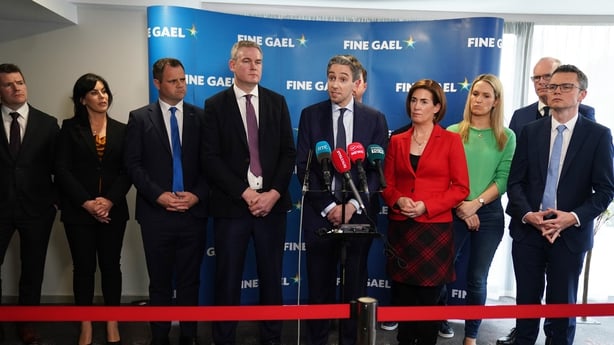
Replicate that across a dozen constituencies and the potential for internecine electoral warfare is significant.
Again, the Taoiseach and Fine Gael leader will have to calculate carefully. If there’s a misstep, the political price could be colossal.
Fine Gael thinks it has a strong story to tell the electorate.
Expect to hear the party talk about its record in Government since 2020 including steering the country through the Covid-19 crisis, reaching full employment and managing the economic chaos triggered by Russia’s invasion of Ukraine.
Mr Harris believes he can outline to the electorate his successes in Cabinet such as delivering 1,000 new student accommodation beds, reforming the apprenticeship system, establishing technological universities and creating new higher education courses outside of the CAO which has tamed the points race.
Yet looking from the outside, Fine Gael is facing significant challenges across a range of issues.
It’s all on Simon Harris to solve them.

